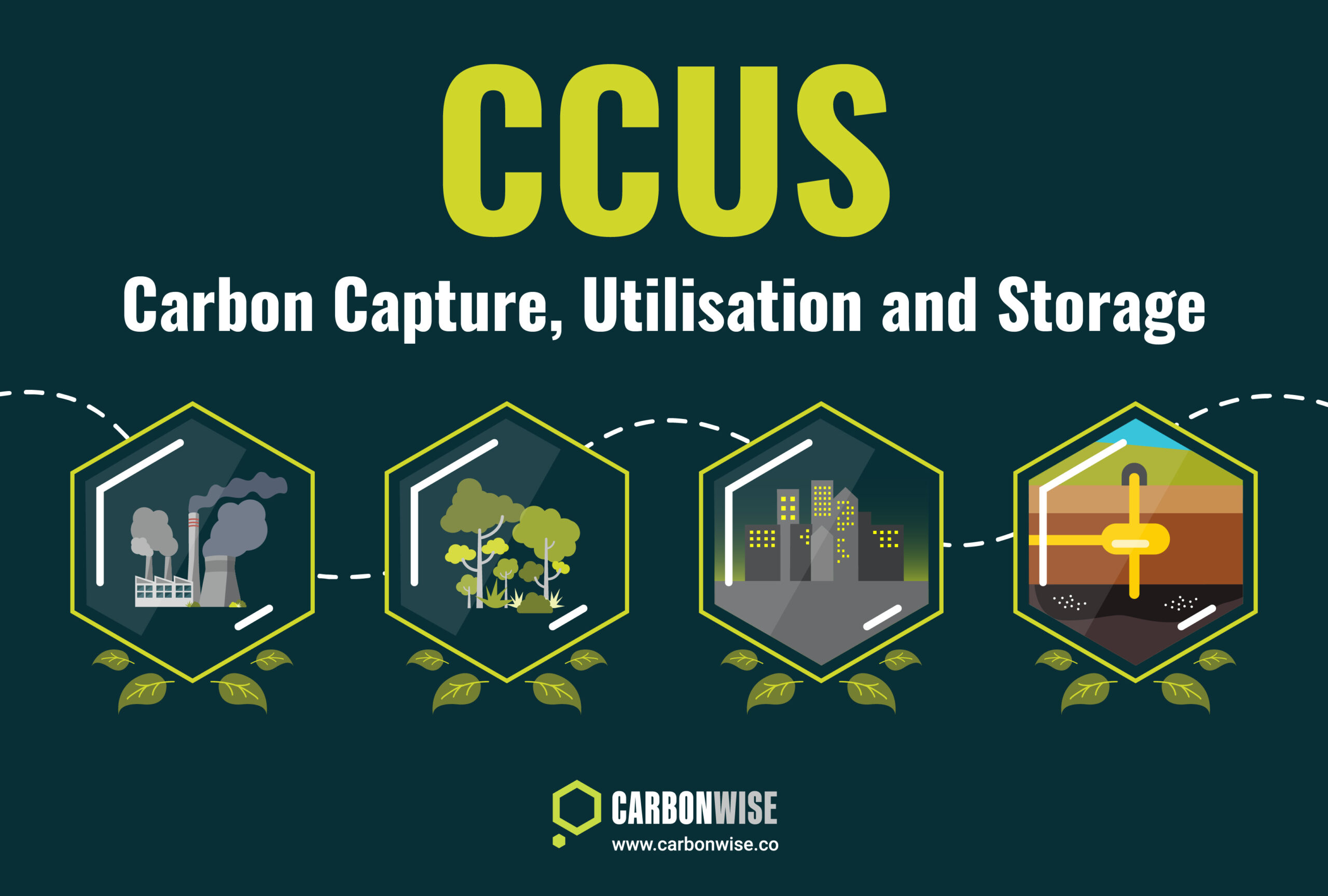In the main, carbon credits represent a voluntary commitment to offset emissions from one source by purchasing and retiring a carbon credit that represents carbon saved elsewhere.
Compliance Markets
To be clear, there are very few markets in which the use or retirement of carbon credits is mandatory and regulated.
Some compliance, or “cap-and-trade” markets allow the use of a limited number of carbon credits as part of a compliance strategy, but the majority of compliance must be done with jurisdictional permits, also called allowances.
Examples of those markets where some carbon credits can be used include California, the northeastern US RGGI market and South Korea.
In each of these markets there are limits on how many credits may be used, and in many cases there are guidelines on what type of project the credits may be sourced from.
In California, for example, an emitting installation may surrender carbon credits representing no more than 4% of its total compliance obligation, and half of this amount must come from specific projects that provide direct benefits to California.
There is only one compliance market that exists for credits only: the International Civil Aviation Organisation’s Carbon Offset and Reduction Scheme for International Aviation (CORSIA).
As a United Nations body, ICAO is governed by its member countries, and they are responsible for setting the rules and parameters that regulate the market. ICAO’s secretariat is the administrator that implements members’ decisions.
CORSIA sets a 2019 baseline for allowable emissions, and any emissions over and above 2019 levels must be offset with approved types of carbon credit.
Airlines are required to measure and report the annual emissions from their entire fleet, and to retire carbon credits representing any growth above the 2019 baseline.
CORSIA was launched in 2021 and is coming to the end of its three-year pilot phase. In 2024 the first official (yet voluntary) phase of the market begins, before participation becomes mandatory in 2027.
While countries may voluntarily opt to participate in the first phase (2024-2027), once they have decided to join, compliance for airlines from participating countries becomes mandatory.
Voluntary
Beyond the compliance markets mentioned above, there is no regulated marketplace for carbon credits. What exists instead is a largely unregulated collection of individual exchanges offering trading in various categories of carbon credits and some derivatives contracts.
While the trading of physical carbon credits is not presently regulated, the trade in derivatives is subject to relevant legislation in host countries, and consequently trading in carbon credit futures is rather specialised and carried out on a limited number of platforms such as CME and ICE Futures.
But physical trading is widespread. As the carbon credit market is still in its relative youth, a large number of companies have entered this space seeking to build scale and become the favoured platform for trading.
United Nations
And as the United Nations continues to develop its own carbon credit market under Article 6 of the Paris Agreement, more companies and indeed countries are seeing the potential for carbon trading around the world.
Host countries are establishing trading rules for the carbon credits that will be developed in line with the emerging UN market system.
A growing number of initiatives in countries ranging from Indonesia to Brazil is developing rules for trading and setting up exchanges where carbon credits from projects in their country can be bought and sold.
The outlook for carbon credits remains positive, but much will depend on how the voluntary and Paris-aligned markets co-exist. Once the architecture of the Article 6 market is complete, participants will be better placed to understand the relative strengths and opportunities of the respective markets.








